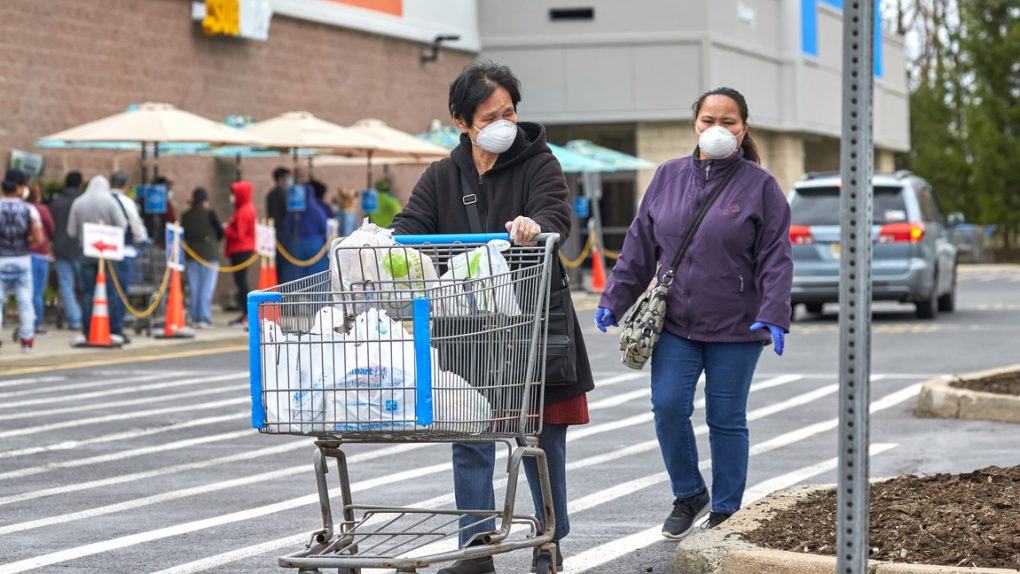- The World Health Organization says there’s no concrete evidence that being infected with COVID-19 makes you immune from it in the future.
- Individuals with viral antibodies may be protected for certain lengths of time, but we still don’t know for certain if that’s the case.
- Programs that would give people ‘immunity passes’ would fail if the virus can indeed reinfect people who have already been infected.
- Visit BGR’s homepage for more stories.
Ever since the novel coronavirus outbreak began, health experts and scientists wanted to know whether or not being infected makes you immune to the virus, and if so, for how long. Building up antibodies to fight against the second wave of infection is often a sign that you’re safe from reinfection, but scientists aren’t sure if that’s the case with COVID-19.
Now, the World Health Organization is weighing in, stating that at the moment, there’s “no evidence” that people who have had COVID-19 and recovered from it are safe from the virus.
As the battle against the pandemic continues, more and more people are recovering from their infections. That’s great news, and if those individuals are further protected from the virus and can’t get reinfected or infect others, it’s even better news. Not enough people have been exposed and then recovered from COVID-19 to consider “herd immunity” a possibility at this point, but knowing whether or not an individual can be infected more than once could change how health experts approach the idea of lifting lockdowns in the short term.
“Some governments have suggested that the detection of antibodies to the SARS-CoV-2, the virus that causes COVID-19, could serve as the basis for an ‘immunity passport’ or ‘risk-free certificate’ that would enable individuals to travel or to return to work assuming that they are protected against re-infection,” the organization said. “There is currently no evidence that people who have recovered from COVID-19 and have antibodies are protected from a second infection.”
A so-called “immunity certificate” would essentially be a way for people to prove that they’ve already had the virus and, if that makes them immune to further infection, it would suggest that they are free to resume a more normal way of life than someone who has not yet been infected. This sounds odd, but it makes sense. However, the risks of such a program are many, including the possibility that a slightly different form of the virus (created through natural mutations) could still infect individuals who fought off the first wave of COVID-19 and survived.
Put simply, there’s still way too much we don’t know about the novel coronavirus to begin guessing if people are safe or not. Social distancing and stay-at-home orders will need to remain in effect for some time if we are to truly flatten the curve on the pandemic over the long term.








